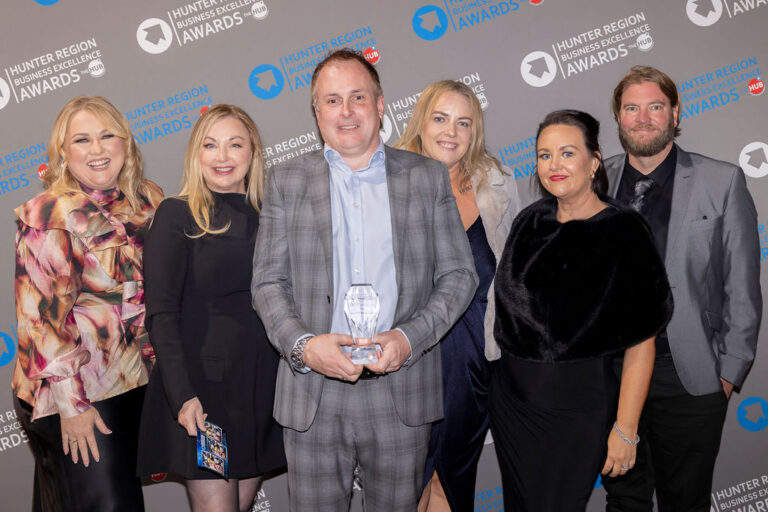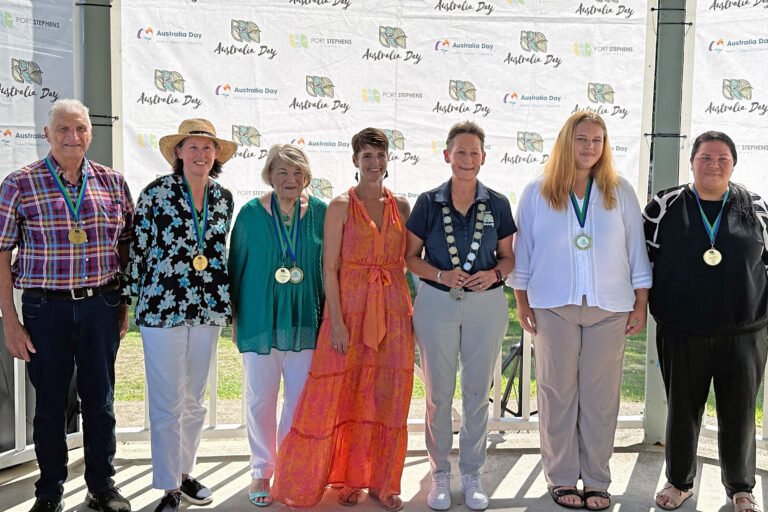Twenty-five NSW government schools in communities with the least access to socio-educational advantage will benefit from a new research partnership project with the University of Newcastle’s Teachers and Teaching Research Centre (TTRC).
Over the next three years, the schools will form research partnerships centered on the award-winning Quality Teaching Rounds (QTR) program. The project aims to enhance teaching quality, support teacher wellbeing, and build positive school cultures, ultimately to lift student academic outcomes and improve equity.
Led by Dr Drew Miller, the new $4.3M project, Thriving Schools, is funded by the Paul Ramsay Foundation (PRF) with support from the NSW Department of Education.
This investment comes on the back of the five-year collaboration between the University, PRF and NSW Department of Education on the Building Capacity for Quality Teaching in Australian Schools (2019-2023) project.
This project included the largest randomised controlled trial in Australian education research history which examined the impact of QTR on student achievement.
This trial and two other trials within the Building Capacity project found QTR improved student academic achievement growth in mathematics and reading by as much as three months in a school year compared to matched control groups, with stronger results in settings where students had less access to resources.
The research also demonstrated that participation in QTR improves teaching quality, teacher morale, efficacy, collaboration, and school culture.
TTRC Director Laureate Professor, Jenny Gore AM said the research showed that QTR offered a powerful, low-cost, and effective approach to achieving educational reform ambitions.
“The broad, positive impacts of QTR make it uniquely appropriate for tackling the challenges of lifting outcomes and promoting both equity and excellence in Australian education,” Jenny said.
University of Newcastle Vice-Chancellor Professor, Alex Zelinsky AO said it was wonderful to see the impact QTR was having nationally and in local communities.
“The University of Newcastle has a long and proud history championing equitable outcomes and supporting students from all backgrounds. We are grateful for the ongoing support from the Paul Ramsay Foundation in realising these shared ambitions.”
Paul Ramsay Foundation CEO, Kristy Muir said that she was excited by the potential that Thriving Schools would bring to children and young people in the identified 25 schools.
“We know that all children and young people deserve to have what they need to thrive, especially in a school setting. The QTR collaboration was ambitious in its aims, and thanks to the trials, we now know that it can work for Australia’s young students,” Kristy said.
“At PRF, we’re really excited about the potential QTR has, to translate to better outcomes for the young people we care about most.”
NSW Department of Education Secretary, Murat Dizdar said Thriving Schools supports the wider objectives of the Plan for NSW Public Education.
“Through the Plan for NSW Public Education we are committed to delivering outstanding leadership, teaching and learning. High quality research that can be used by our teachers and schools is essential to drive improvement across the system.”
“We hope this partnership will help us gather evidence and develop resources for our teachers to build on explicit teaching strategies that motivate, engage and improve learning for our students.”
Seizing on the compelling findings from the Building Capacity research, the Paul Ramsay Foundation is eager to see how QTR could be used to ensure that people and places have what they need to thrive.
A four-year partnership beginning in late 2020 between the University and Cessnock High School, one of the most socio-educationally disadvantaged schools in the Hunter region, provided a model for the new Thriving Schools project.
In 2023, Cessnock High School ranked first in the Hunter region and 11th overall in the state for their growth in NAPLAN results from Year 7 to 9. Cessnock students’ HSC results also improved by more than 50 per cent in 2022, a result that was replicated in 2023.
Student attendance and engagement grew by seven per cent – triple the average across the state. Positive behaviour referrals were up 130 per cent in 2023 while negative behaviours significantly decreased.
Dr Drew Miller, said a whole-school approach to QTR enables schools to keep a clear focus on teaching and learning despite the other matters that demand their attention.
“The core business of teachers is teaching and learning. However, in these more complex schools, teachers’ energies are often channelled in many directions which limits the time they have to focus on high-quality classroom practice,” Drew said.
“Our research shows that supporting school leaders with tailored whole-school implementation of QTR to suit their needs and providing additional support to teachers undertaking the program, can have dramatic effects on student outcomes as well as improving behaviour, attendance, teacher retention and wellbeing.
“Importantly, QTR works alongside existing teaching strategies or subject-specific programs to enhance the underlying quality of the teaching, which is why it has such a positive impact on learning.”
Cessnock High School Principal, Peter Riley said the school’s approach was one that involved the whole of their community.
“We are really proud of the results we have achieved so far. We’re not just trying to help kids through school here, we’re trying to help the Cessnock community by producing kids who are capable of getting quality jobs, being able to operate as a community member, and adding to our community,” he said.
IMAGE | Cessnock High School Co-school captains Jayden Brown and Gabrielle Streitberger-Sams, prefect Charlotte White, with Principal Peter Riley and History Teacher Kelsey Kisina.
(L-R) Jayden Brown, Peter Riley, Kelsey Kisina, Gabrielle Streitberger-Sams, and Charlotte White.






